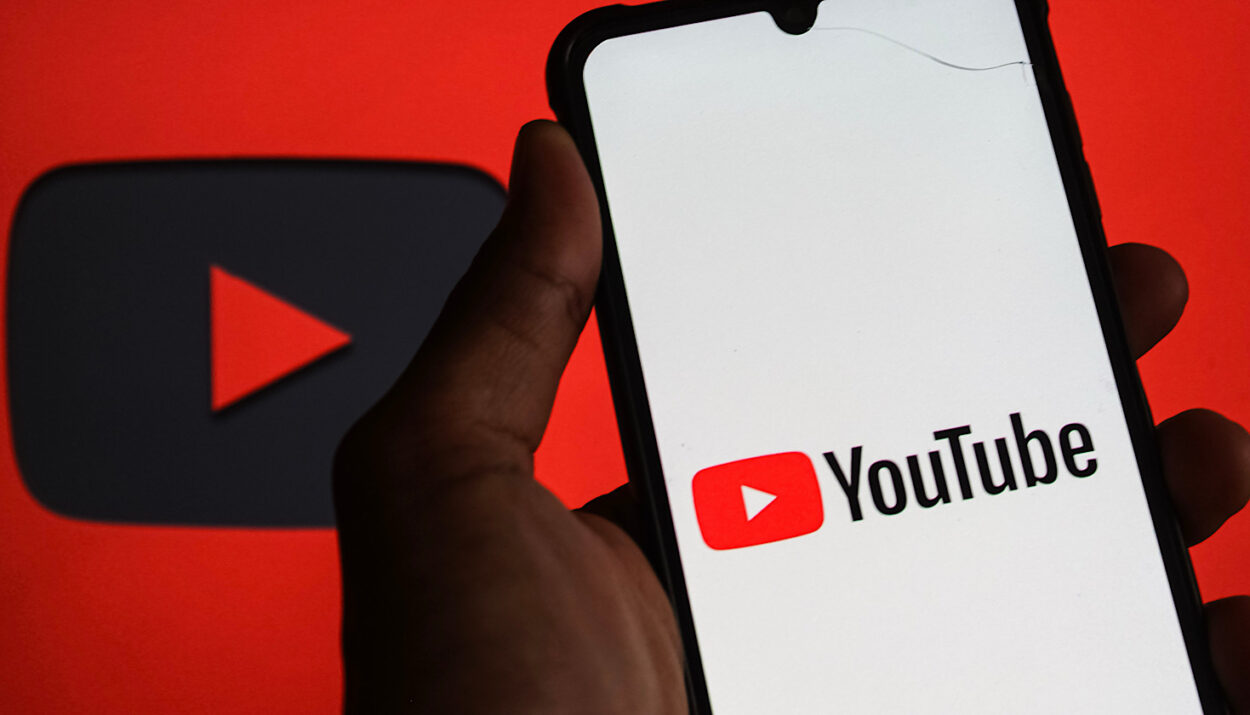Why YouTube SEO Still Matters in 2025
YouTube remains the second-largest search engine in the world, behind only Google. With over 2.7 billion users as of 2025, it is a powerful platform for creators, educators, and businesses alike. But with so much competition, simply uploading a video isn’t enough. If your content isn’t optimized for search, it’s unlikely to be discovered.
That’s where YouTube SEO comes in. By applying the right techniques, you can dramatically improve your visibility, reach your target audience, and grow your channel without relying solely on paid promotions.
Step-by-Step YouTube SEO Strategy for 2025
1. Perform Smart Keyword Research
Effective YouTube SEO starts with knowing what your audience is searching for. Just like with traditional SEO, keyword research helps you create content that aligns with search intent.
Use tools like:
- TubeBuddy and VidIQ for YouTube-specific keyword suggestions
- Google Trends to compare keyword interest over time
- AnswerThePublic to discover commonly asked questions related to your topic
Focus on long-tail keywords that are more specific and less competitive. For example, instead of targeting “video editing,” try “how to edit videos for TikTok on Android 2025.”
2. Optimize Your Video Title
Your title is the first thing viewers and the algorithm notice. To improve click-through rate (CTR) and search rankings:
- Place your main keyword at the beginning
- Keep the title under 70 characters
- Make it clear and compelling without clickbait
Example: “How to Grow a YouTube Channel in 2025: Step-by-Step Beginner Guide”
3. Write a Detailed, SEO-Friendly Description
The first 2–3 lines of your video description are crucial. They’re what appears in search results and above the “Show More” fold.
Include:
- Your primary and secondary keywords
- A summary of what the video is about
- Links to your website, social media, or relevant resources
- Time stamps for easier navigation
A well-written description helps the algorithm understand your content and improves discoverability.
4. Use Hashtags and Tags Strategically
Hashtags help YouTube categorize your video and suggest it in relevant searches. Use 3 to 5 relevant hashtags in your description, such as:
- #YouTubeSEO2025
- #GrowOnYouTube
- #VideoOptimizationTips
Also, add keyword-rich tags in the tag section. While tags have less weight today than before, they still assist with initial indexing.
5. Create a Custom Thumbnail
Your thumbnail significantly impacts whether users click on your video. Custom thumbnails with strong design often outperform auto-generated ones.
Tips for effective thumbnails:
- Use high contrast colors
- Include short text (3-5 words)
- Add a face with expressive emotion if possible
- Keep it consistent with your brand style
Use tools like Canva, Fotor, or Adobe Express to create your thumbnails.
6. Add Captions and Transcripts
Captions make your content accessible and provide the algorithm with more data to understand your video.
- Upload an SRT file for accuracy or edit YouTube’s auto-generated captions
- Use tools like Descript or Otter.ai to generate transcripts
This also boosts user engagement and retention, which are major ranking factors.
7. Encourage Viewer Engagement
The YouTube algorithm favors videos that keep viewers watching and interacting. Encourage likes, comments, shares, and subscriptions in your videos.
Engagement metrics to focus on:
- Average view duration
- Comments and replies
- Likes/dislikes ratio
- Number of shares
Ask questions in your video to boost comment activity and signal relevance to the algorithm.
8. Use Playlists to Increase Watch Time
Playlists organize your content and keep viewers on your channel longer. Group related videos and give each playlist an SEO-friendly title and description.
This helps with:
- User experience
- Channel authority
- Cumulative watch time
Example: “YouTube Growth Tutorials for Beginners – 2025 Series”
9. Promote Your Video Off-Platform
YouTube SEO doesn’t end on YouTube. Promote your video across different platforms to generate traffic and backlinks.
Promotion ideas:
- Embed in blog posts
- Share on Facebook, LinkedIn, Twitter, and Reddit
- Repurpose into short clips for TikTok or Instagram
- Answer related questions on Quora and link your video
This not only brings in views but can also improve rankings through external signals.
10. Monitor Performance and Adjust
Use YouTube Analytics to track how your videos are performing and where your traffic is coming from. Monitor:
- Search terms bringing traffic
- Audience retention and drop-off points
- Engagement metrics
- Click-through rate (CTR)
Also use tools like TubeBuddy and VidIQ to track rankings, tag suggestions, and SEO scores.
Best YouTube SEO Tools for 2025
Here’s a shortlist of tools to boost your SEO workflow:
| Tool | Purpose |
|---|---|
| TubeBuddy | Keyword research, optimization tracking |
| VidIQ | Competitor insights, SEO scoring |
| Canva | Custom thumbnails |
| Descript | Captions and transcripts |
| ChatGPT | Title, description, and script ideas |
Get Discovered with Smarter YouTube SEO
In 2025, ranking your videos on YouTube requires more than just great content. You need to optimize every element—from title to description to engagement strategy. By applying the strategies above, you’ll not only improve your search visibility but also drive sustainable growth for your channel.
YouTube SEO is not a one-time task. It’s an ongoing strategy. Test, analyze, and keep refining your content for better performance and higher rankings.







